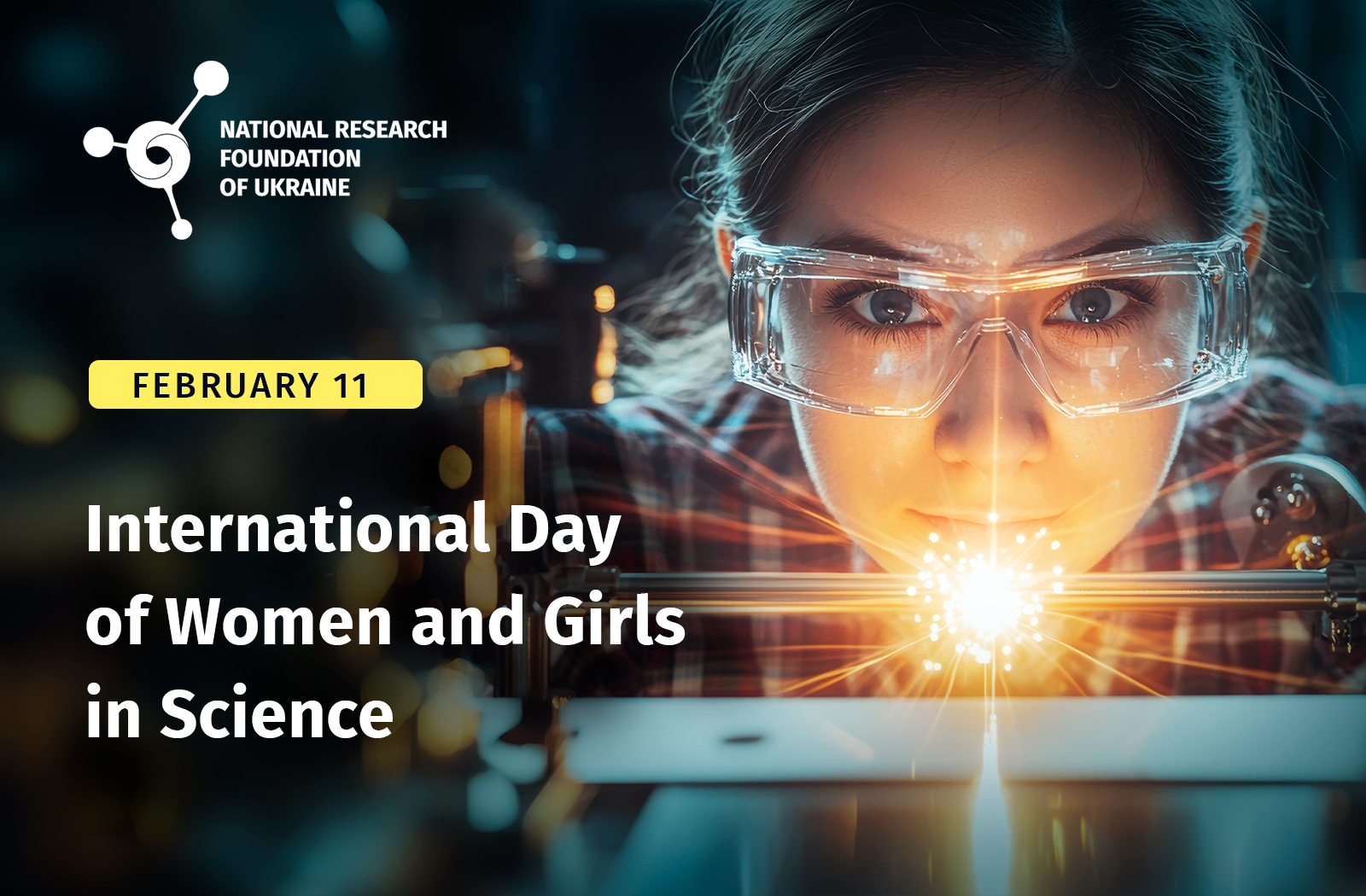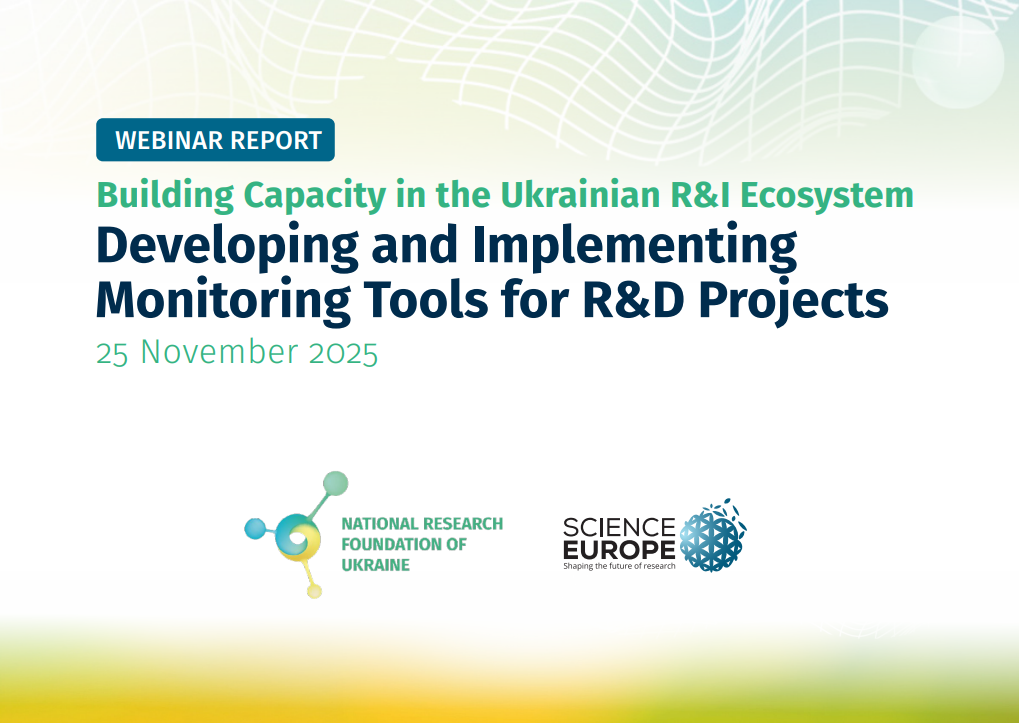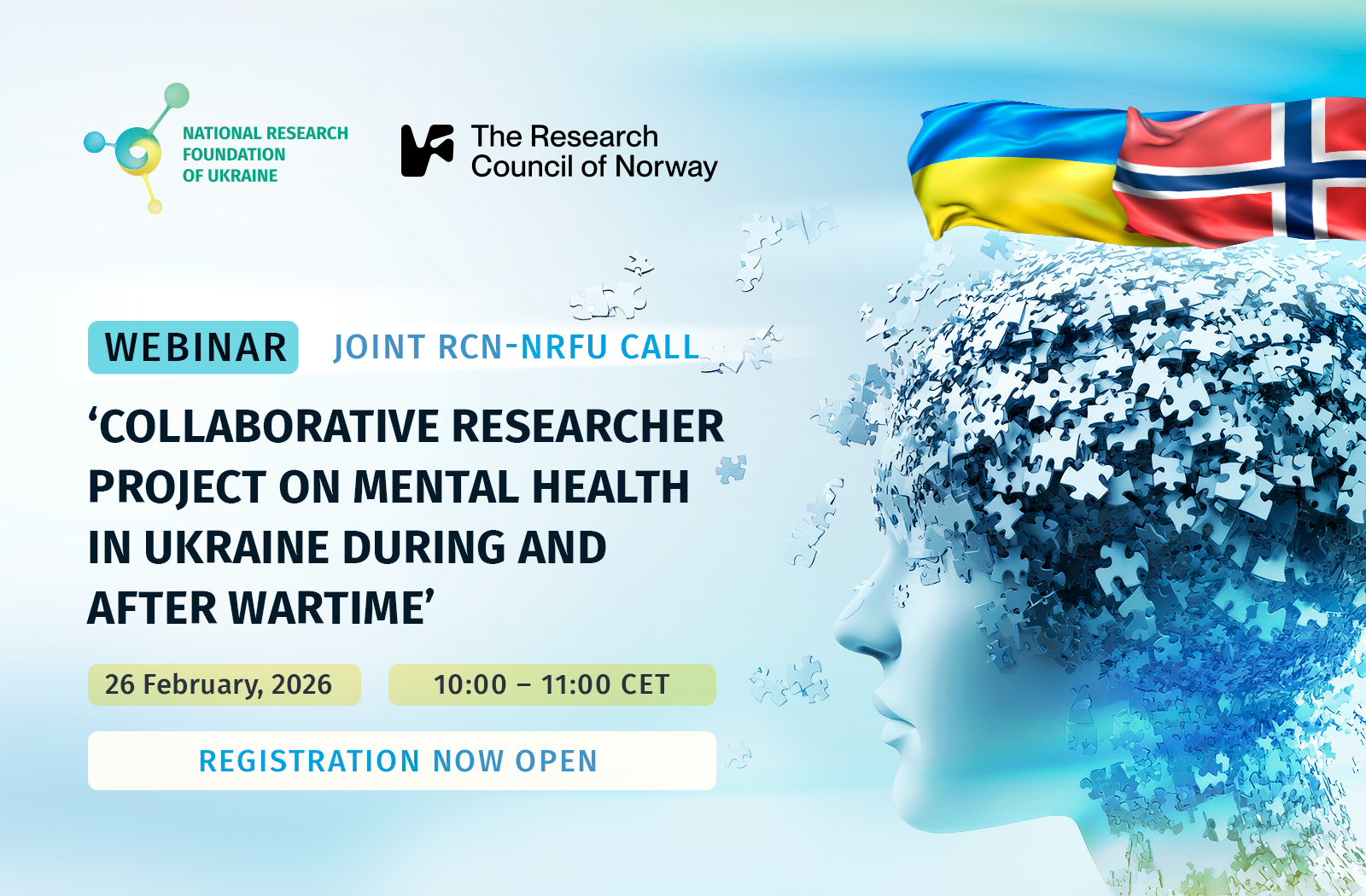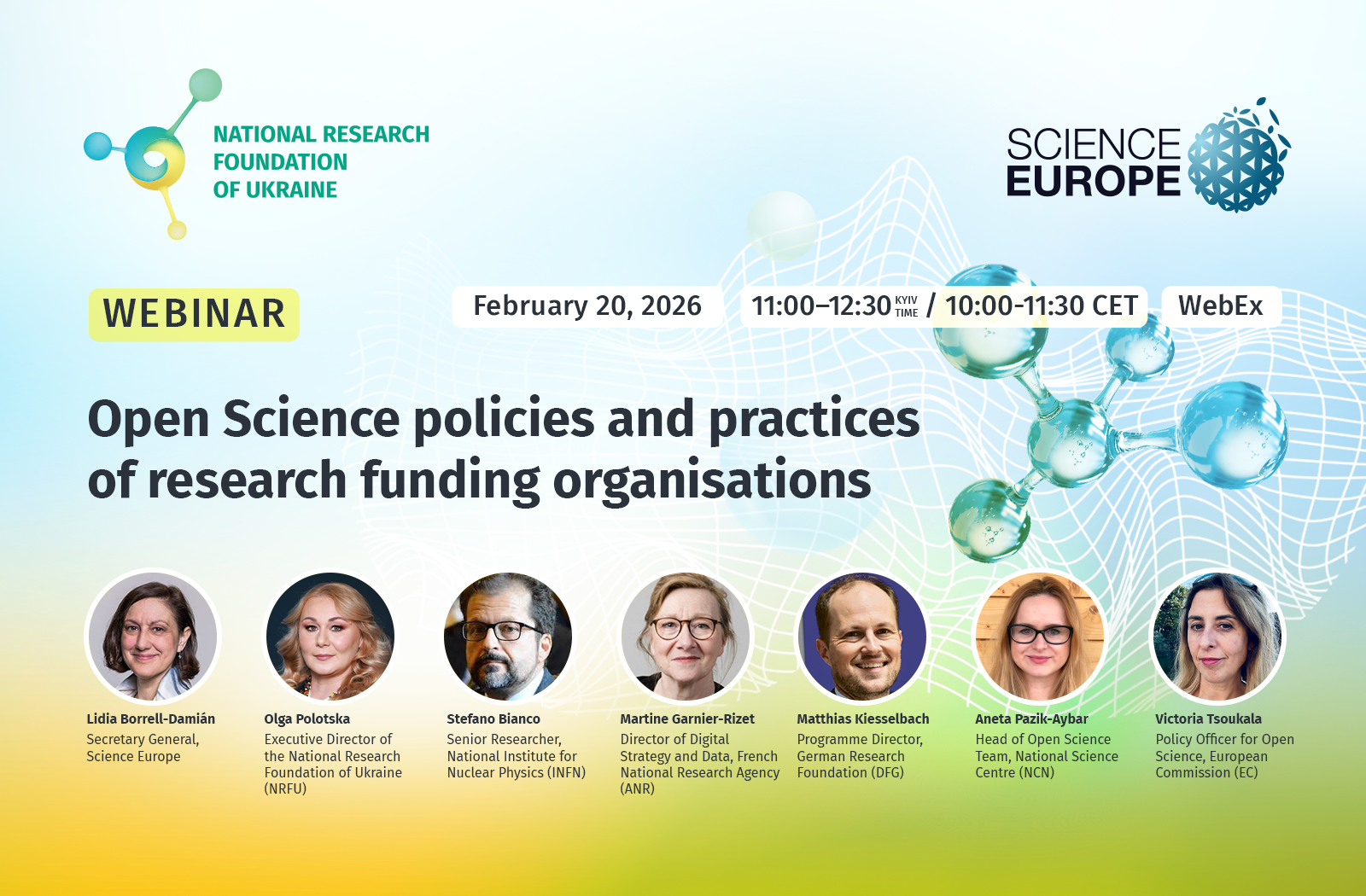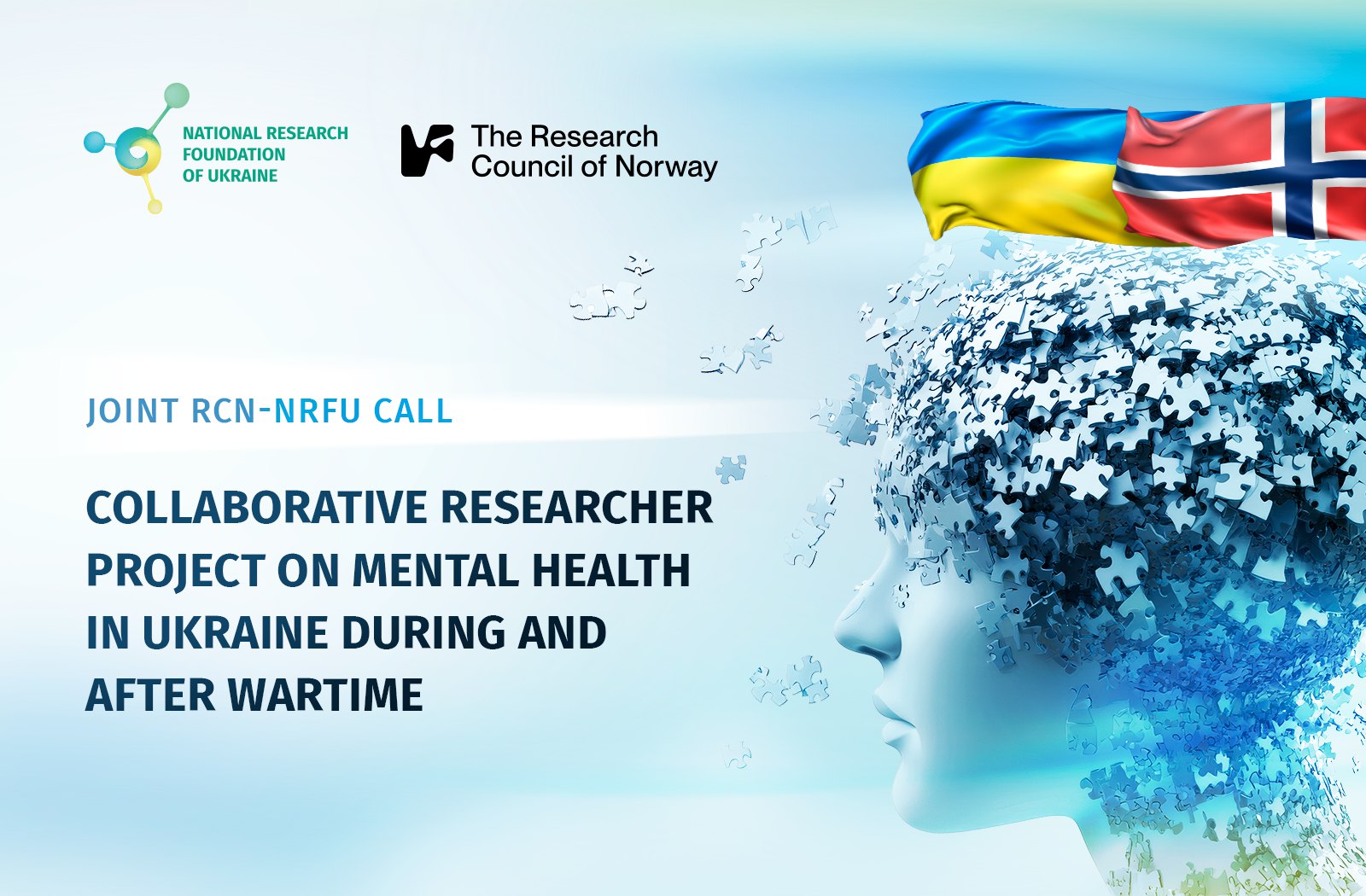Scientists develop an algorithm to minimize the effects of the pandemic in the agricultural sector and food security
In March 2020, we all felt confused: parks, markets, shops were closed, passenger traffic stopped. Fears for the health of relatives were compounded by fears that the capital and other major cities would lack food supplies. There were enough stocks, but prices in supermarkets rose, and for many people it was quite noticeable. Unfortunately, during the lockdown, the producers and processors of agricultural products, especially small and medium-sized ones, which suffered considerable losses, were left out of public attention. Scientists of the National Research Center “Institute of Agrarian Economics” are currently working to ensure that this situation does not happen again, to develop algorithms for crisis response and prevention.
The project “Assessment of the impact of quarantine measures related to COVID-19 for the agricultural sector and food security of the state and the development of an algorithm for minimizing the negative consequences” is one of the winners of the NRFU`s call.
Olga Khodakivska, the project’s supervisor, said that last year’s spring lockdown “hit” both vegetable and dairy producers and consumers. Farmers invested heavily in growing early vegetables and vitamin greens (lighting and heating greenhouses, watering, buying varietal seeds, and tending seedlings), but were unable to sell their products. Unfortunately, no one compensated for these losses. Similarly, small farms that produced dairy products were not able to sell them, as the operation of local markets was also quarantined.
Consumers who hoped to buy fresh vegetables and greens in the spring, and for whom prices in supermarkets were not affordable (domestic products were replaced by significant volumes of imports), also suffered.
When the seeder stops
By the way, in some regions, according to Olga Vasylivna, in 2020 the sowing campaign was threatened with failure more than once. There were many cases when machinery went out into the field, broke, but farmers could not quickly buy spare parts due to the ban on the sale of spare parts stores. One day of downtime during the sowing campaign is very expensive, so farmers are very hopeful that such situations will not happen again.
Recommendations for authorities
Currently, the team of scientists is working on an appropriate strategy, which will be recommended to central government, local governments and self-governing organizations of producers. The plan envisages how to get out of the current situation, how to support agricultural producers, as well as how to act so that such “force majeure” does not lead to financial losses in the future.
The project started in autumn 2020. Scientists have analyzed the world experience in detail and are convinced that food security is a priority in many countries around the world. Scientists abroad, for example in Germany, are working to develop preventive measures in the event of future COVID-19 “waves” or other pandemics.
We study the experience of others, but look for our own way
– Developed countries spend a lot of money to support producers and the population – continues Ms. Olga. – Of course, our country is in a different economic and financial situation, and we cannot fully adopt the experience, so we have to study the best world practices, but we must take into account our capabilities.
At the first stage of the project, Ukrainian scientists have prepared a methodological foundation for the study, and are currently working on developing a questionnaire for agricultural producers. Currently, they are studying in detail what risks farmers have faced, what complications they fear in the future.
The researcher assured that the team working on the project is doing everything possible to draw attention of scientists, civil society, media, parliamentarians, relevant ministries and local governments to this problem and the results of the work. Analytical materials have already been sent to the executive authorities and local governments
Star team
By the way, the team working on the project is really stellar. Among the eight performers there are academicians and corresponding members of NAS, doctors and candidates of science.
These are specialists who have developed draft strategic documents and state sectoral development programs. Almost all of them took part in the development of strategies for the development of the agricultural sector, the State Target Program for the Development of the Ukrainian Village, the State Target Program for Sustainable Rural Development, and so on.
Science and innovation must go ahead
Dr. Olga Khodakivska advises colleagues who are just planning to submit projects to the call to choose the most relevant topic that will help solve important problems in the development of a particular industry. And yet – not to be afraid of defeat.
– Science must develop together with society, – adds Ms. Olga. – And even better – to go ahead, to show where and how to move.
Svitlana GALATA


